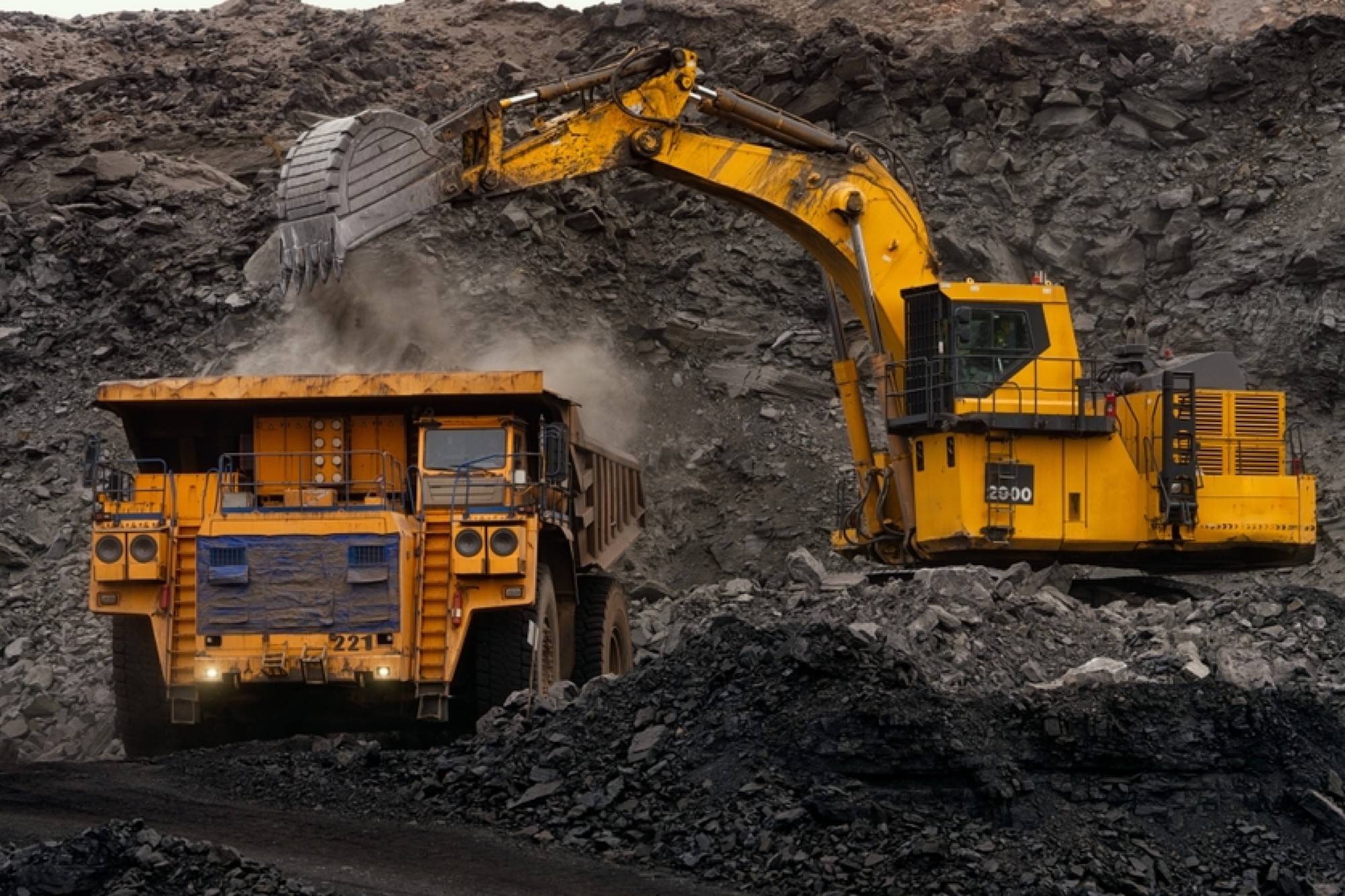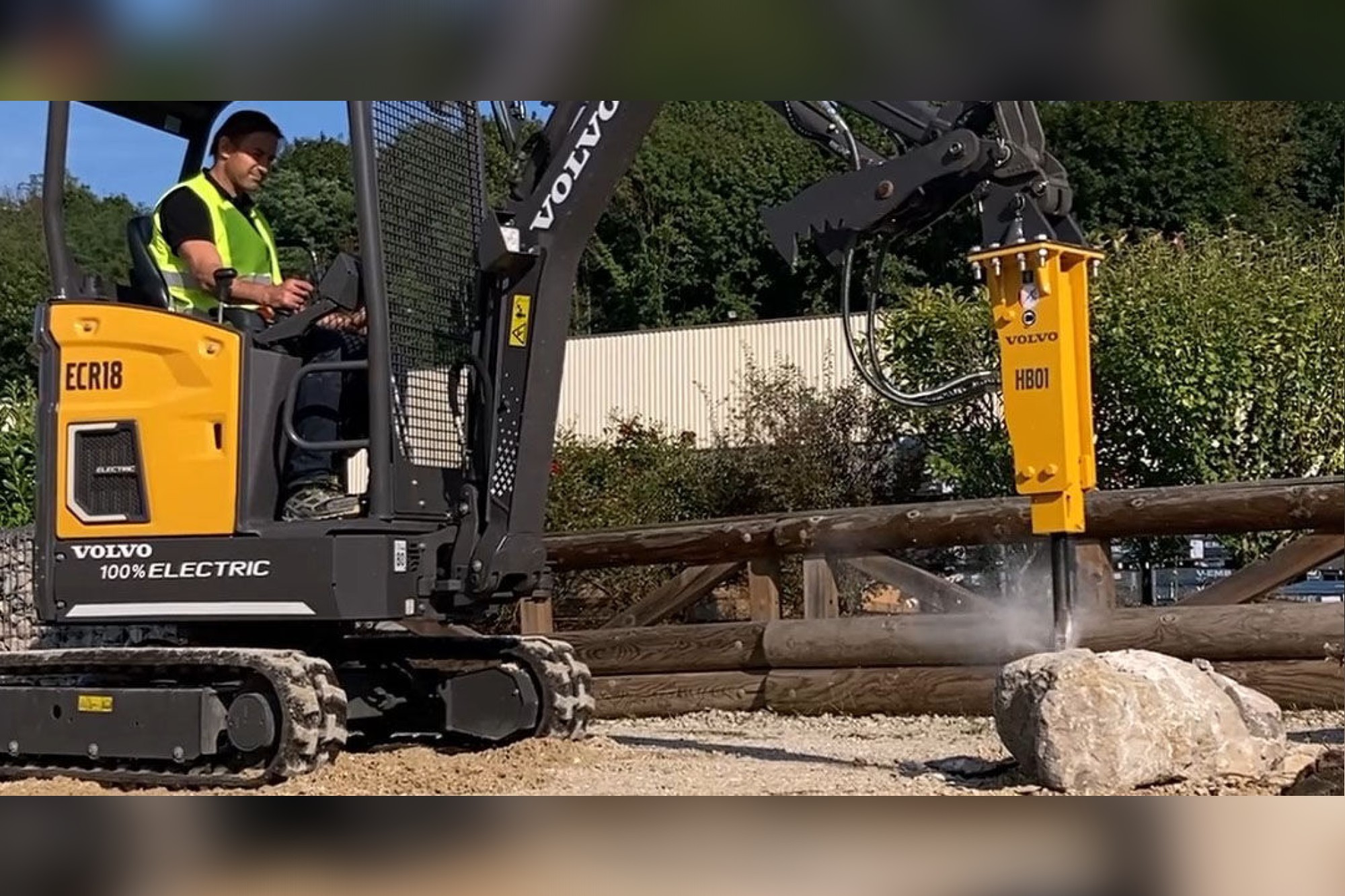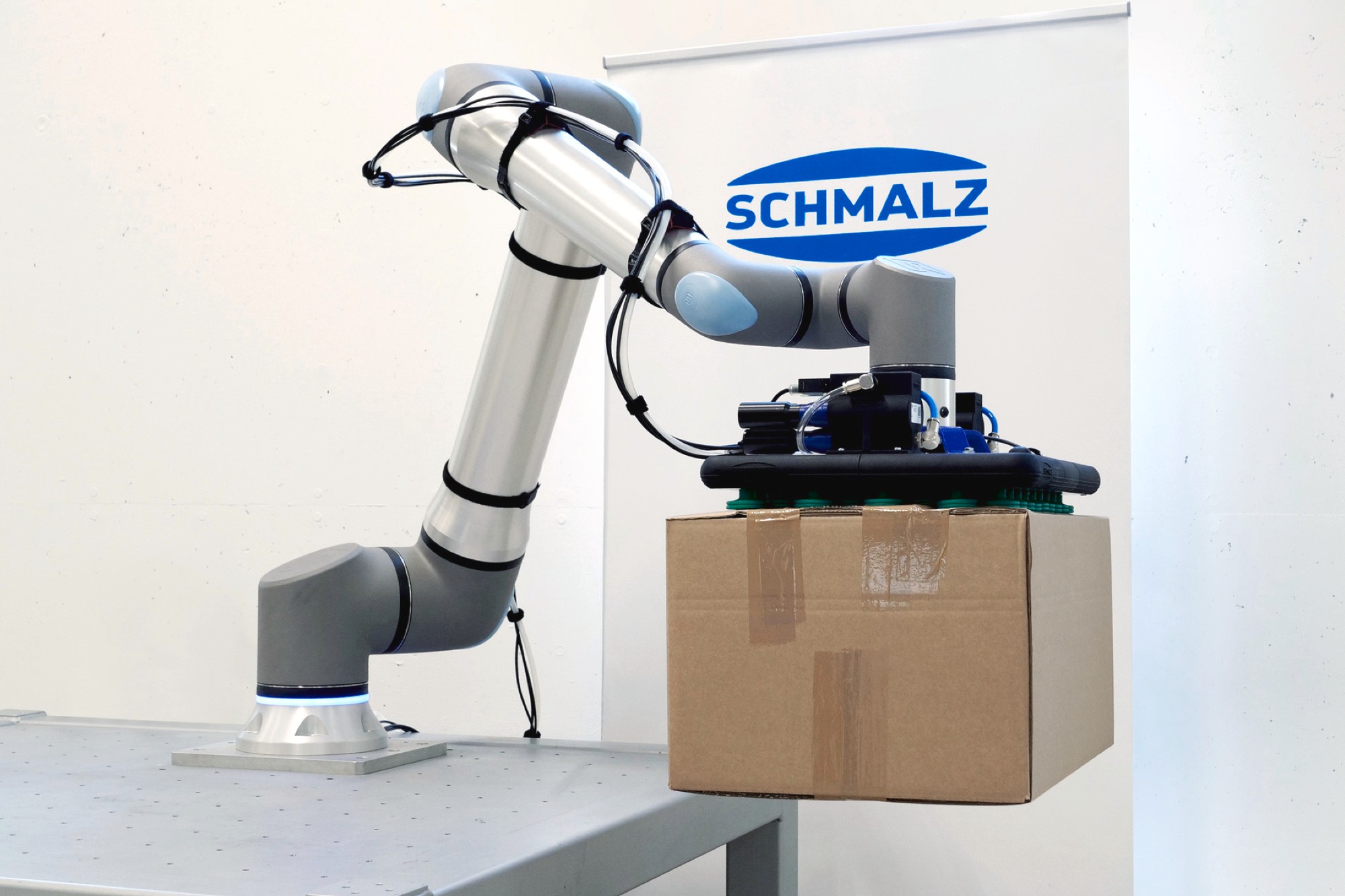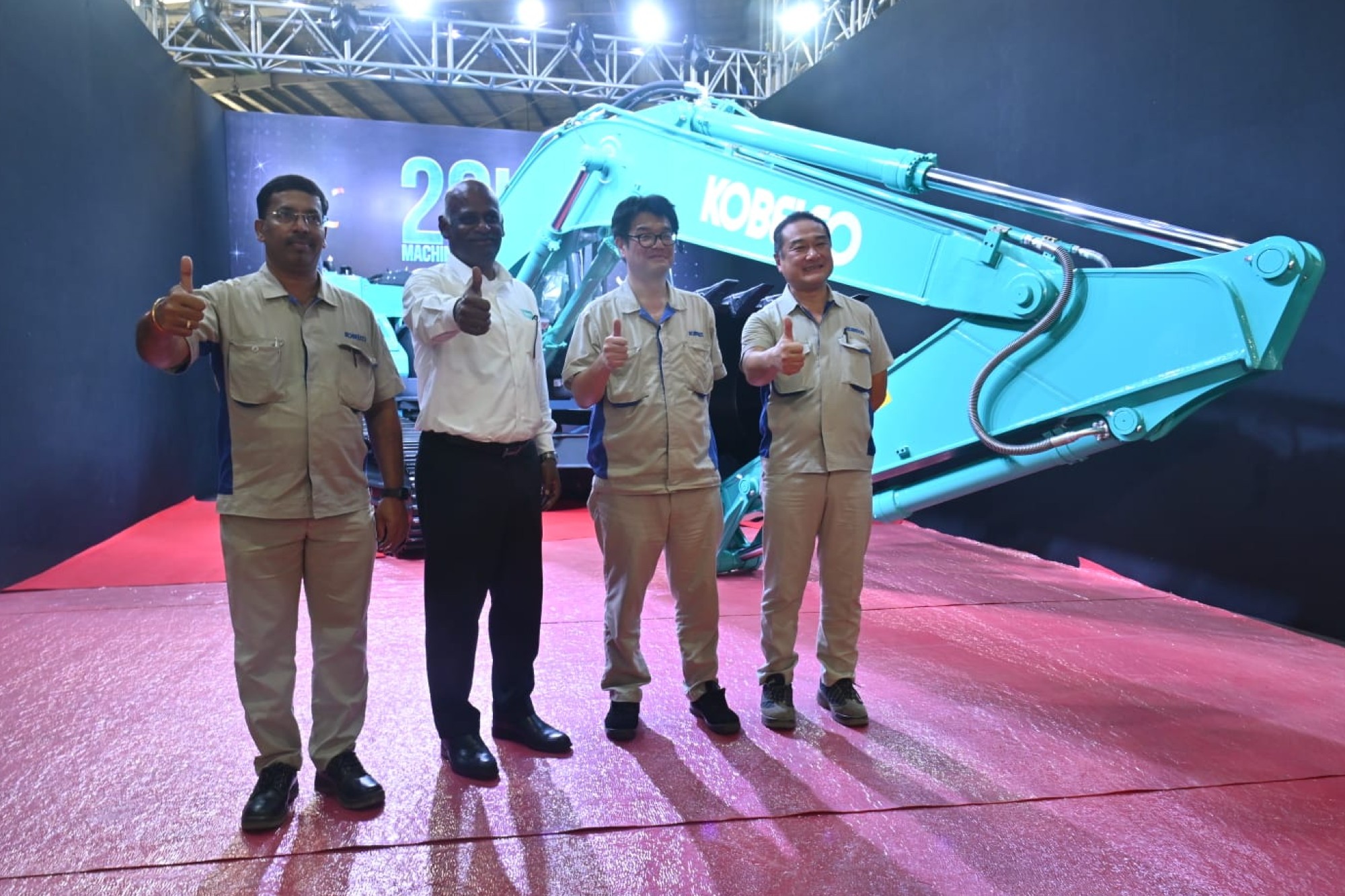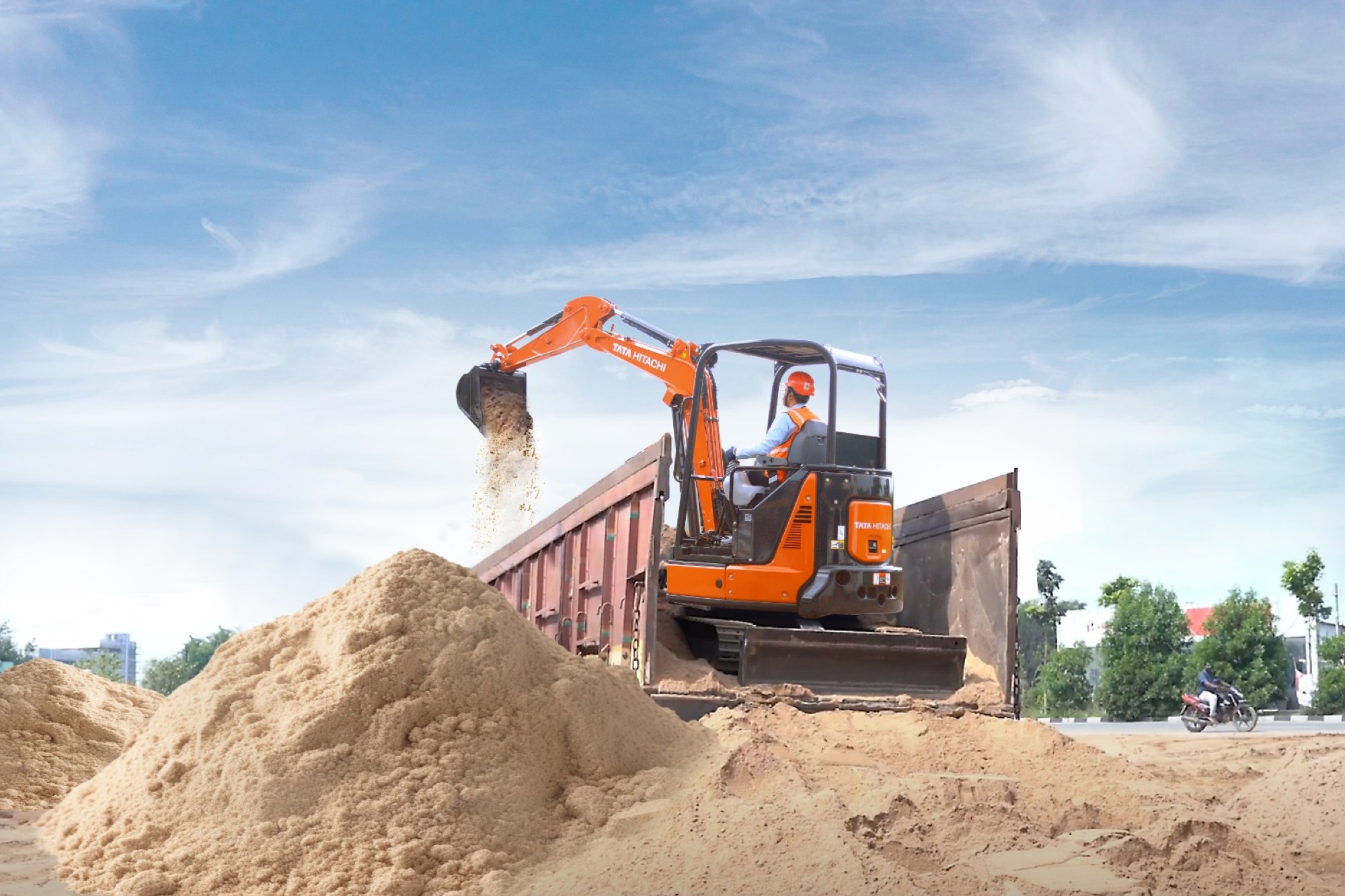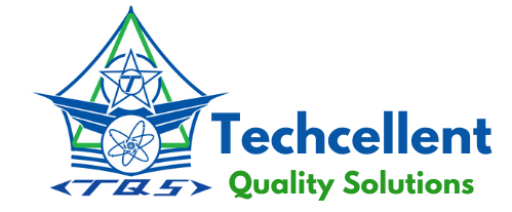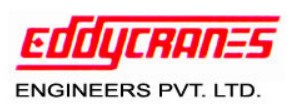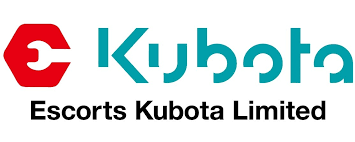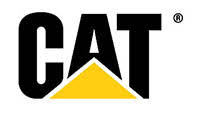We have to get the existing mines running: Palagiri
By Edit Team | December 29, 2016 11:28 am SHARE
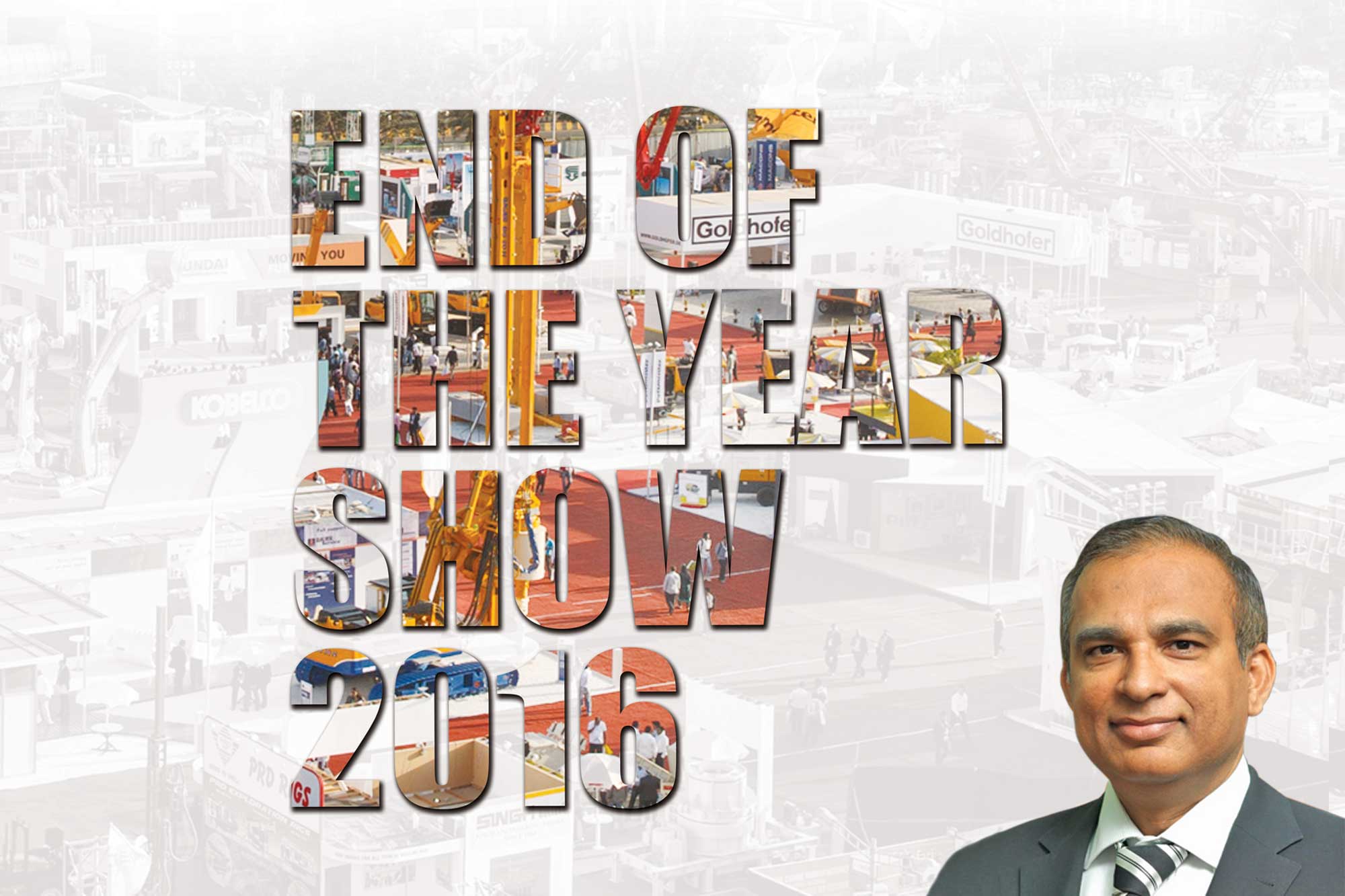
Allocation of mining blocks through auction is a right step towards bringing in transparency. Once the primary roadblocks are managed, we will see the results.
Ramesh Palagiri, Managing Director and CEO, Wirtgen India
On the sidelines of IMME 2016, Ramesh Palagiri, Managing Director and CEO, Wirtgen India Pvt Ltd speaks to B2B Purchase and gives an overview of the mining industry in India. Excerpts:
Globally, the outlook for mining market remains subdued due to slower rate of economic growth. How do you look at the Indian market?
The mining market for India is not that much effected like globally because India is still a captive market where most of the mining is done for local consumption rather than for export. Of late, from surface mining’s point of view, import of iron ore and more specifically coal has gone down dramatically. But I think because of overall recession in the steel and cement industries the demand for coal has come down. So the production of coal is not growing to the extent what Coal India and the Indian government have planned. This has resulted in low volume of business for us in 2016. However, from whatever interactions we had with our customers during the IMME, we understand that next year should be better for surface mining.
Do you think that increased focus on alternate mineral mining that can somehow manage the ongoing downturn?
Not for surface mining because in case of surface mining till now we have been very successful in the coal and limestone sectors only – not in the other minerals. Also, as of now, the volumes for such minerals are still very low. Our surface mining business is now dependent 70 per cent on coal and rest 30 per cent on limestone. Limestone is also not growing much because most of the cements plants are running at way below their rated capacity.
Do you see any change in the scenario post coal block allocation?
Things are yet to pick up. Even most of the coal blocks which have been allotted have not really started their productions. We expect that next few years should be good.
The govt is planning to allot 40 more mines…We have to get the existing mines running. Allocation of mining blocks through auction is a right step towards bringing in transparency. Once the primary roadblocks are managed, we will see the results.
Are you also getting ready for GST?
GST is expected to be beneficial for all of us – cost will reduce. Ease of doing business will improve as stock transfers will be very easy to move goods from one place to another. The end customers will be able to get full credit for the taxes they pay – there will be no double taxation.
What real benefits can end users get?
They will be benefited most because total cost of any product will come down by 10 to 15 per cent depending on the product category.
What benefits it will give to the manufactures like you?
Manufacturers like will get benefit of easy stock and sale. We will be able to stock our machines easily in various places and sell. Now we have issues of stock transfer, VAT, CST, and entry tax which make moving goods from one place to another difficult.
Being one of the global innovators, what kind of innovative solutions you would like to bring to the Indian market?
We are in the process of introducing innovative technologies across various segments whether its compaction, paving, concreting, recycling and milling. We have been quite successful especially in recycling and cold milling. We are working with the Indian government, Central Road Research Institute and IRC (Indian Road Congress) to promote advanced technologies in the field concrete road as the government is determined to convert all bituminous roads into cement concrete.
Cookie Consent
We use cookies to personalize your experience. By continuing to visit this website you agree to our Terms & Conditions, Privacy Policy and Cookie Policy.


